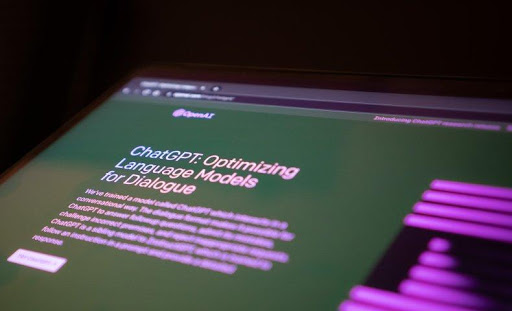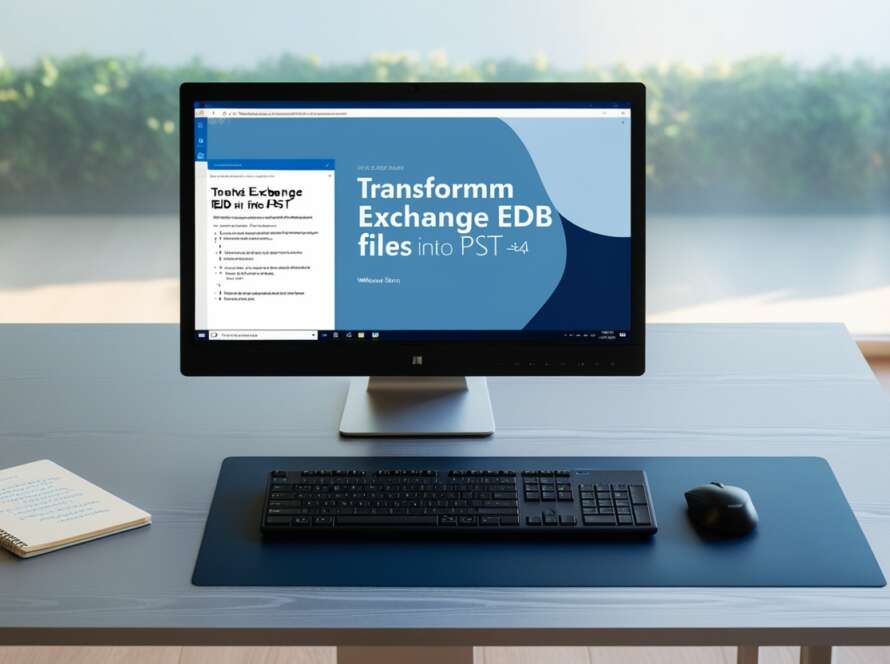The Rise of AI in Creative Domains Artificial Intelligence (AI) has moved far beyond number-crunching and automation. Today, it’s playing a transformative role in traditionally human-centric fields like music, writing, and visual art. Algorithms are composing melodies, generating stories, and producing visuals that rival those created by human hands. As this shift unfolds, it prompts a compelling question: is AI enhancing creativity or replacing it?
AI in Music
From Mozart to Machines The music industry is embracing AI with open arms. AI-powered tools like AIVA, Amper Music, and Google’s Magenta are enabling musicians to compose intricate soundtracks and generate new genres. These systems analyze vast databases of musical compositions to generate harmonious pieces on their own or in collaboration with artists.
Musicians like Taryn Southern and Holly Herndon have pioneered AI as a co-composer. Herndon’s album “PROTO” features a neural network trained on her voice, showcasing a unique human-AI harmony. AI’s impact extends to sound design, live performance assistance, and real-time music generation, revolutionizing how we experience and create music.
AI in Writing
Code That Crafts Stories From journalism to poetry, AI has begun to leave its mark on written content. Language models like GPT-4, Claude, and Jasper are now capable of writing short stories, news reports, and even screenplays. AI is being used in content marketing, publishing, and even scriptwriting for games and films.
“While AI-generated writing is efficient and scalable, it raises questions about authenticity and emotional depth.“
AI lacks lived experience, which often forms the core of compelling narratives. However, many authors use AI as a brainstorming partner or editing assistant, not as a replacement, embracing a co-creative process.
AI in Art: Algorithms with Aesthetics Visual arts have seen an explosion of AI-generated creativity. Tools like Midjourney, DALL·E, and Runway ML allow users to create stunning artworks from text prompts. From surreal landscapes to hyperreal portraits, AI is capable of producing compelling visuals that challenge traditional artistic boundaries.
Artists now exhibit AI-created pieces in galleries and sell them as NFTs. The AI art movement has sparked debates within the art community—while some see it as a threat, others embrace it as a tool that expands their creative possibilities. The result is a fusion of human intention and machine execution.
Creativity vs Computation: Can Machines Be Truly Creative?
This brings us to a philosophical debate—can machines truly be creative, or are they simply recombining existing patterns? Creativity is often tied to consciousness, intention, and emotion, attributes that AI currently lacks.
However, many experts argue that creativity can also emerge from novel combinations and unpredictability, both of which AI can achieve. The most powerful results often come when humans and AI collaborate, merging intuition with computation.
As AI-generated content proliferates, ethical concerns are rising. Who owns the copyright of an artwork made by a machine? Can an algorithm plagiarize? What happens to human artists when AI can replicate styles in seconds?
Deepfakes, misattribution, and the exploitation of training data are additional concerns. Establishing guidelines around transparency, credit, and compensation will be crucial as AI becomes more embedded in the creative process.
The Future of AI-Enhanced Creativity Looking ahead, AI is poised not to replace creators but to empower them. As tools become more accessible, creativity is being democratized—anyone with an idea and a prompt can create music, write stories, or produce visual art.
“Educational systems and industries will need to adapt by teaching creative collaboration with AI “
The future belongs to those who can harness both human imagination and algorithmic power, transforming creativity into a shared frontier between mind and machine.
Conclusion AI’s role in music, writing, and art is no longer experimental—it is foundational. As we continue navigating this algorithm-driven renaissance, the goal shouldn’t be to compete with machines, but to collaborate with them, blending human insight with artificial ingenuity to unlock new dimensions of creative expression.
What’s your take—should AI be considered an artist? Drop your thoughts in the comments or share your favorite AI-generated work with us on Twitter @AiiotTalk.



